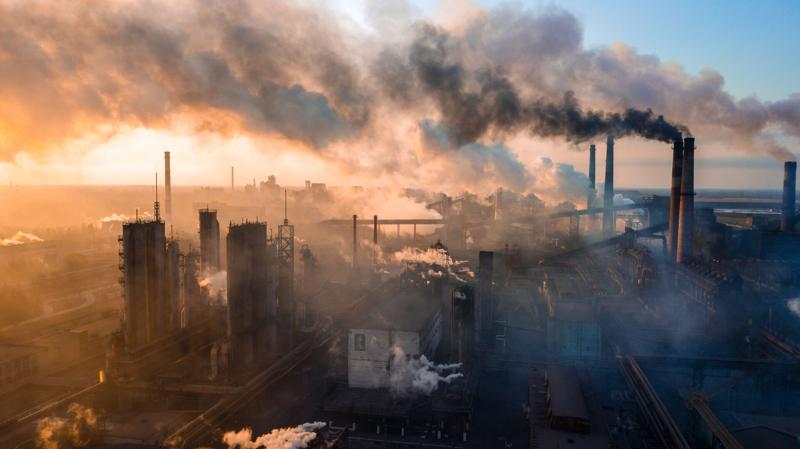(The Center Square) – The latest results from the joint California-Quebec cap-and-trade carbon auction offer clues as to how a potential merger with Washington’s carbon market might benefit the Evergreen State.
California and Quebec released the results of their latest cap-and-trade carbon auction held on Feb. 14, which sold 51.2 million vintage 2024 allowances and 7.2 million advance vintage 2027 allowances. With a settlement price of $41.76, the vintage 2024 allowances brought in nearly $2.14 billion. The advance vintage 2027 allowances had a settlement price of $41, bringing in almost $295.7 million.
The “vintage” of a carbon credit represents the year in which the emissions were avoided or removed by the project, and the credit was subsequently verified.
At the behest of the Washington State Department of Ecology, Senate Bill 6058 was introduced in the state Legislature in January that would allow linking Washington’s cap-and-trade program with California and Quebec’s joint program.
SB 6058 passed the Senate on Feb. 12 and is now working its way through the House of Representatives.
Not that linkage is a done deal, as getting a linkage agreement requires several steps to align Washington’s cap-and-trade program with California and Quebec.
The thinking behind linkage is that it would create a more liquid market that could bring down clearing prices in Washington’s carbon auctions, which brought in nearly $2 billion last year.
An October 2023 analysis by Ecology found that a larger, linked market would result in more predictability when it comes to allowance prices and provide businesses with an incentive to increase investments in curbing their greenhouse gas emissions. The report also said failure to link might doom the entire program.
The Center Square reached out to Todd Myers, environmental director at the Washington Policy Center, to ask what the most recent California-Quebec carbon auction results might mean for Washington should it merge with the joint California-Quebec market.
“Despite the opposition from some Republicans, this is a good thing,” Myers said in an email to The Center Square.
He went on to explain why that is the case in his estimation.
“Small markets – like Washington – are volatile,” Myers said. “Weather events or economic changes can cause CO2 emissions to change from year to year, causing prices of CO2 allowances to fluctuate. This has been the problem with cap-and-trade systems historically. They are inflexible, so prices can go all over the place.
“By connecting with California and Quebec, the larger market can help absorb shocks in one part of the market and spread them out.”
Myers did note the increasing prices in the California-Quebec market, but said that’s not necessarily something to worry about.
“The California/Quebec results are interesting because the price of CO2 allowances has increased 50% in the last year,” he noted. “Washington’s market is a bit different, so this doesn’t mean that we are going to see the same thing, but it is indicative of the trend.”
Myers pointed out another interesting fact.
“Even with that increase, the California/Quebec prices are still 20% lower than Washington’s,” he said.
Washington’s carbon market faces another challenge from Initiative 2117 to the Legislature that would overturn Washington’s Climate Commitment Act and eliminate its carbon market. I-2117 is likely to appear on ballots this November.







